Individualisation struggles with the desire to be in the community
Our longing for community co-exists with our longing to belong, to be part of something, something bigger than ourselves. I believe that we are created to be in community with one another, even introverts, like myself. Even when one tries to avoid community, the innate longing is still there, and research shows the psychological effects separation from the community has on the individual. Fear is what drives us away from being in the community, fear of rejection, fear of not measuring up, fear of having to deal with other people's problems and struggles when we can barely deal with our own. We live in an age that is incredibly individualistic; we see this even in cultures that were once based on community. An individualistic culture is inward focused instead of outward.
The structure of our individualism
One of the biggest problems is our pride, thinking that we do not need others, that we can go it alone and that others will bring us down. However, the reality is the opposite. We need one another much more than we realize. We think that if we get a job, we can then pay for our housing, we can buy our groceries, prepare our food at home, buy our clothes, all with the money that we have earned through working hard. However, there are others, hundreds if not thousands of other people who are behind all that we do on our own. Yes, I pay for the groceries and prepare the food, but what about the farmer who tills the ground and harvests the crops? What about those who work in factories or sweatshops making the clothes we wear? It is humbling how dependent we are upon others, so dependent that it should rid us of our pride and fill us with humility, compassion and thankfulness. It should grow our appreciation for the diversity of people around us and their giftings, the way they serve us. It should cause us to desire to seek justice against poor work environments, slave labor and human trafficking.
Unity wins
It is the individual desire to be better than others or to think we are better than others (pride) that drives us and that makes community hard and broken. Not being in community results in a limited viewpoint and finite capacity, which leads to anxiety, when we realize that ultimately, we cannot do it on our own and nor should we try. A peace comes over us when we realize that we do not need to go at it on our own. We begin to see how interconnected things are and that when we build bridges it creates opportunities for synthesis instead of separation, unity instead of division. We can then commission others, so that as the community thrives we thrive, so we help one another to fully become who they were made to be. We have a longing and a need to be part of community and feel anxious until that desire is satisfied.
Combination of uniqueness and Community in Kulturschöpfer
At Kulturschöpfer we want to make sure that people know that we are thankful that they are there not because of what they do, but because of who they are, that they are unique and beautiful and we want to know them and their story. So, we do not create positions and then try to fill them. Instead, we are constantly changing and shaping Kulturschöpfer around the gifting and uniqueness of the individuals who come to us. We want to be a place where people are fully alive and thrive. This is when creativity excels and the possibility for change occurs. If we are staying the same, not welcoming new people, not changing how we go about doing things and not being open to doing things differently based on the people who come, then we can no longer call ourselves culture makers, but culture maintainers.
A culture of humility
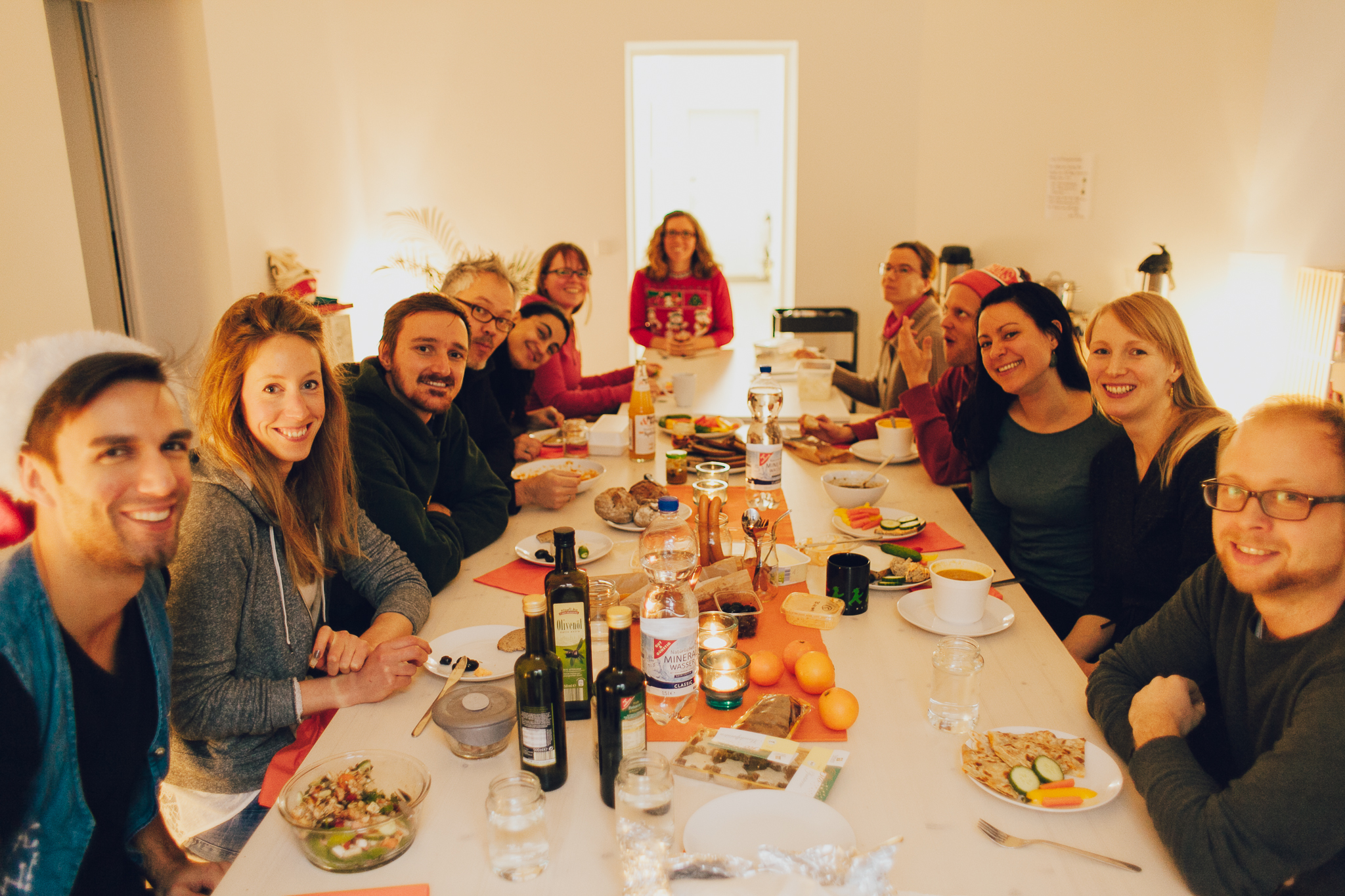
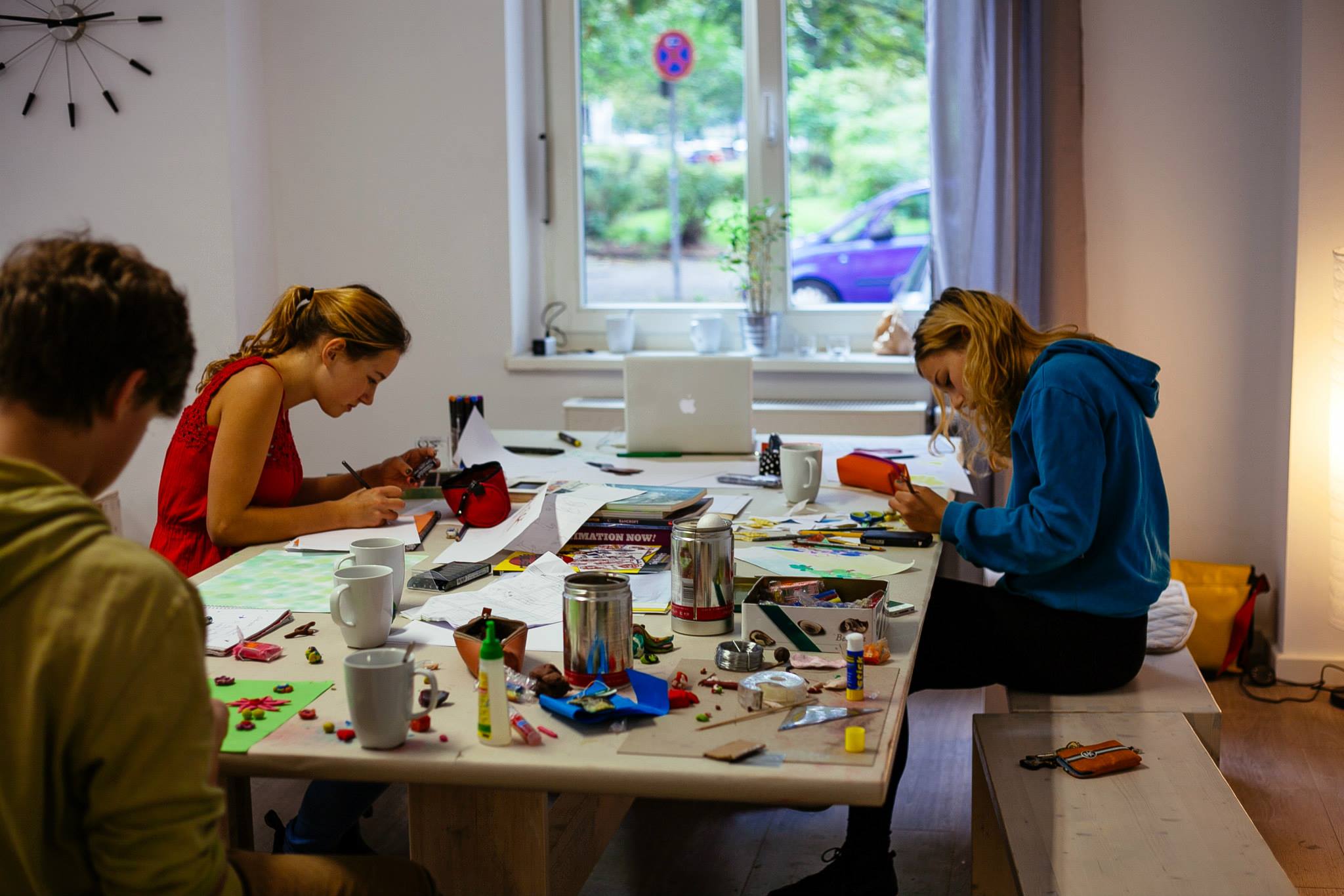
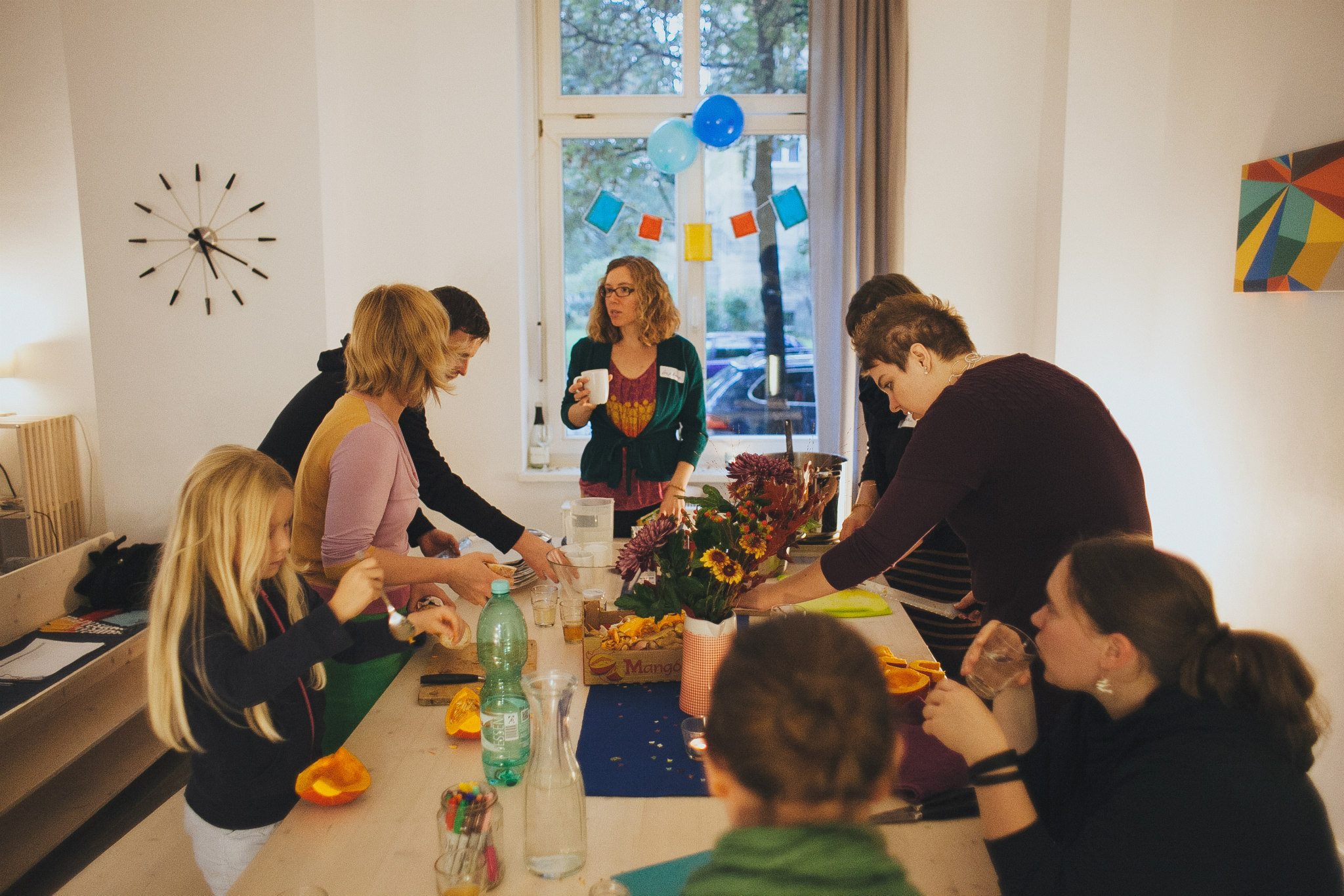
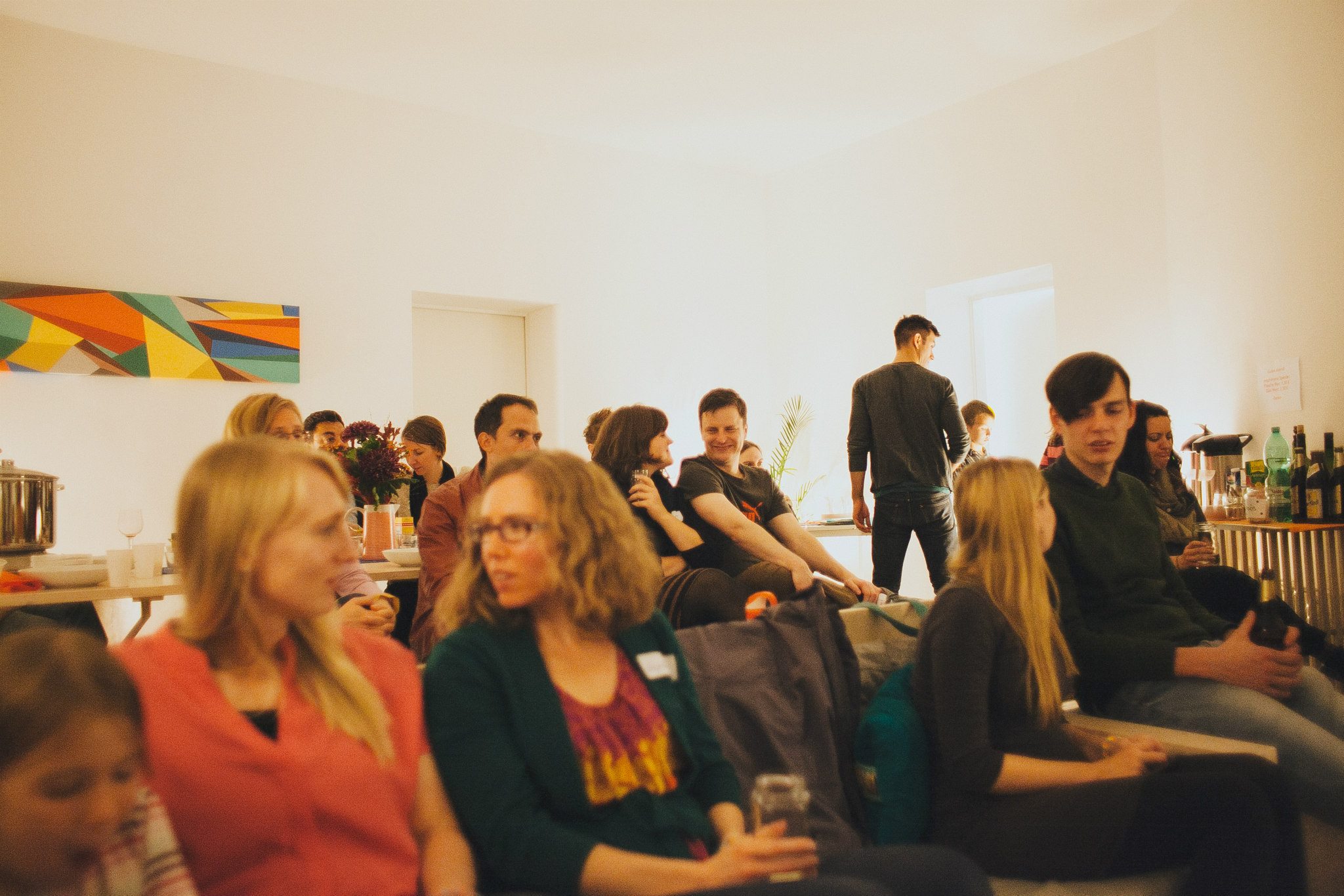
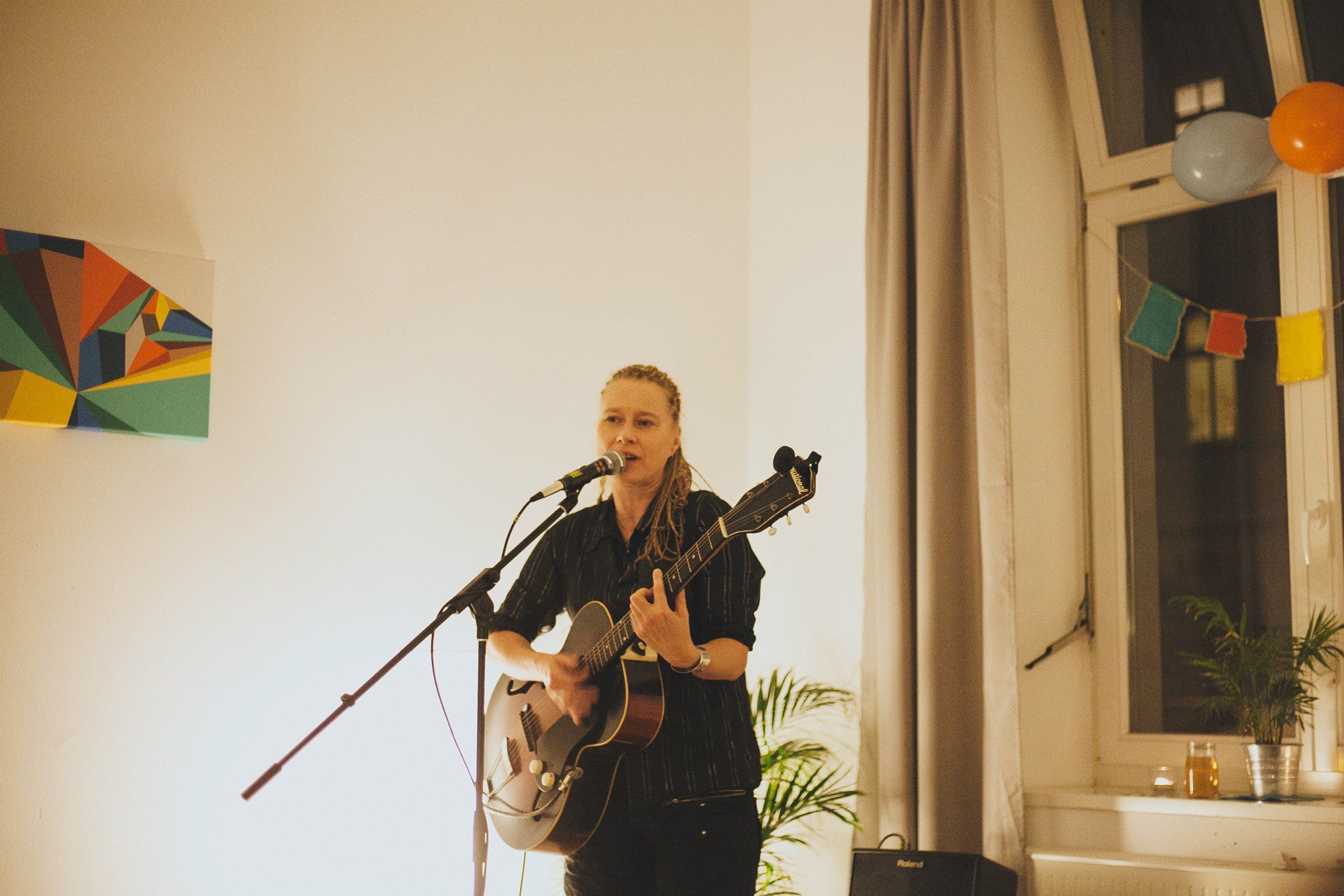
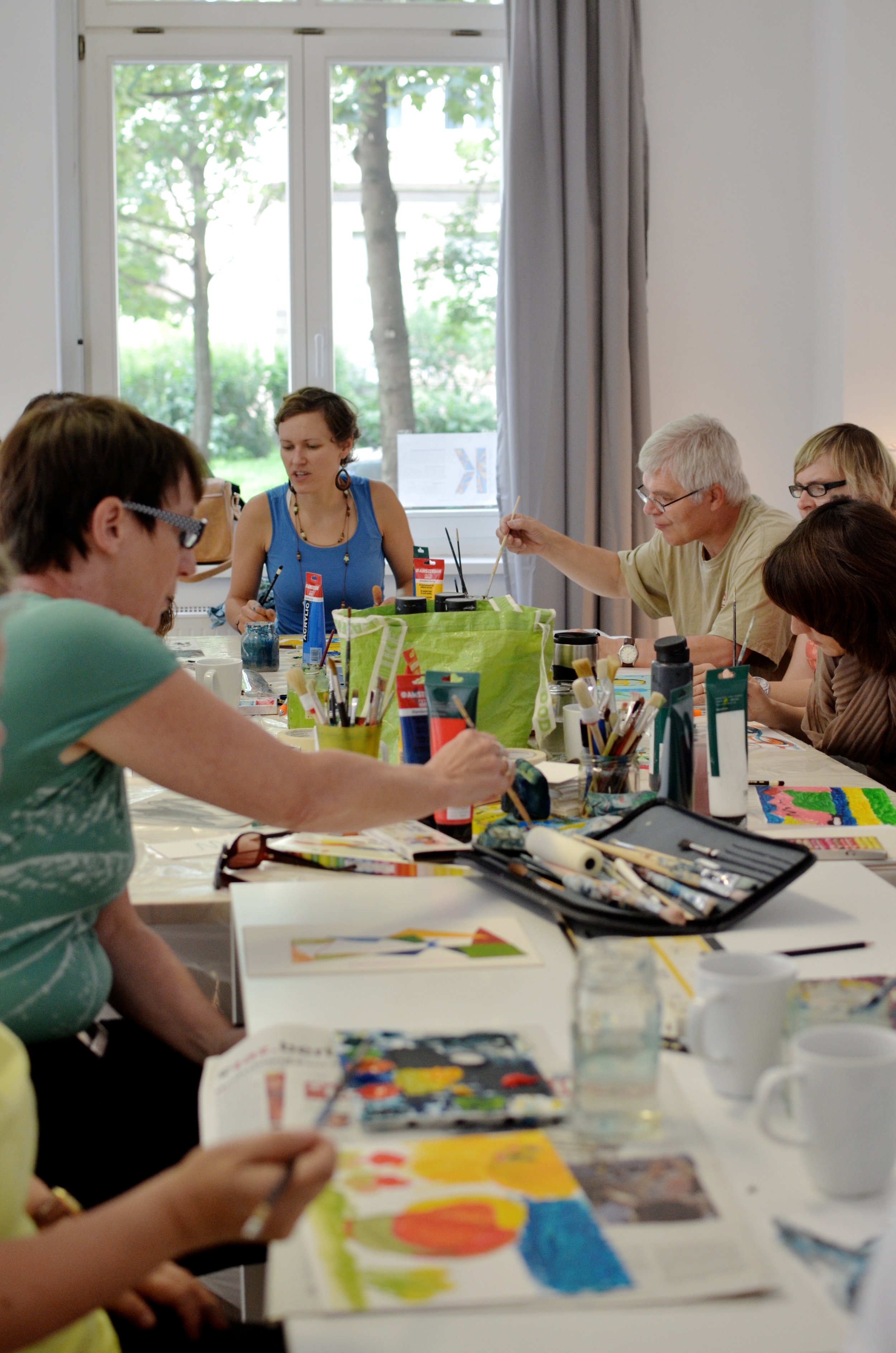
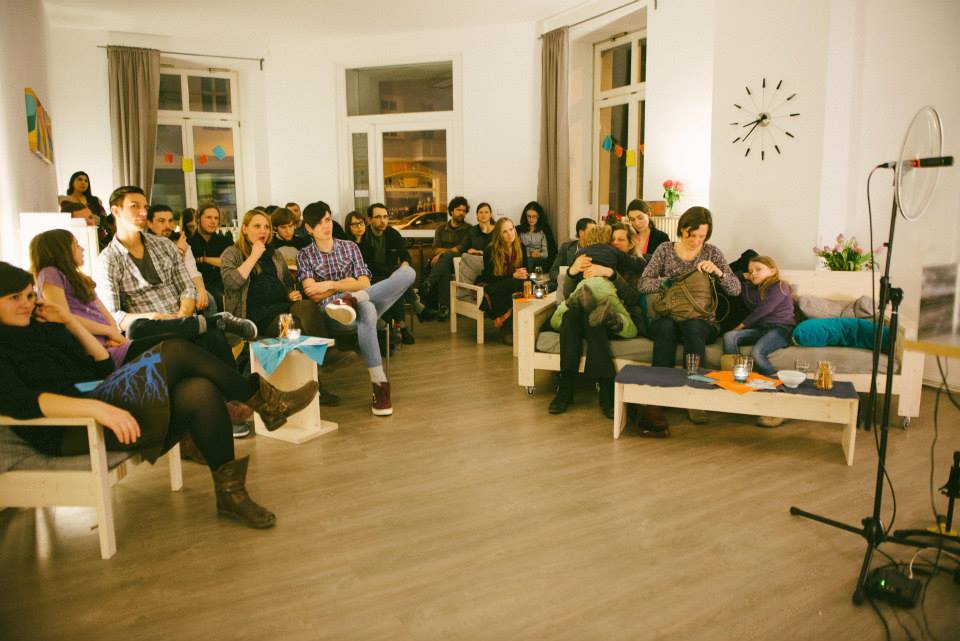
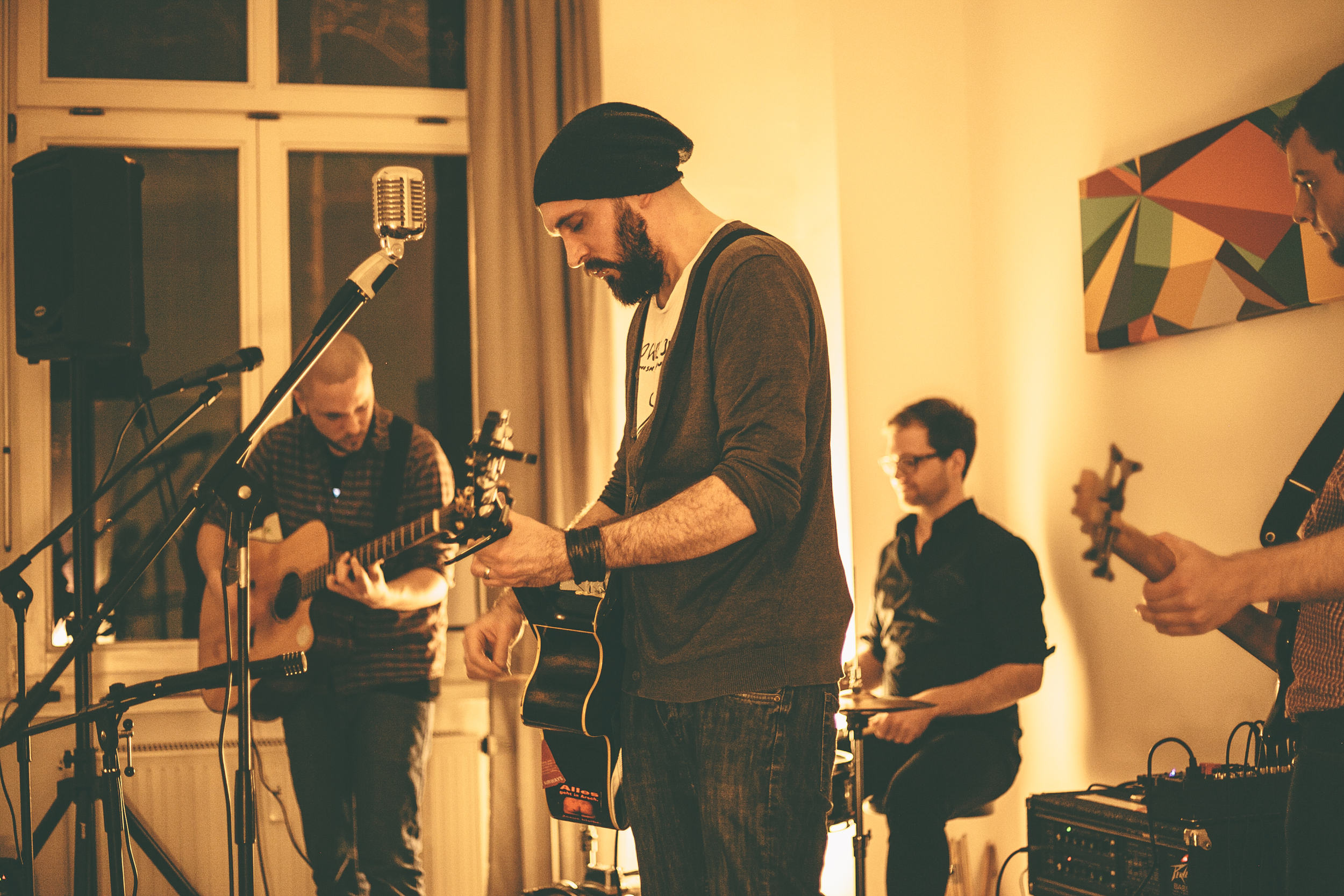
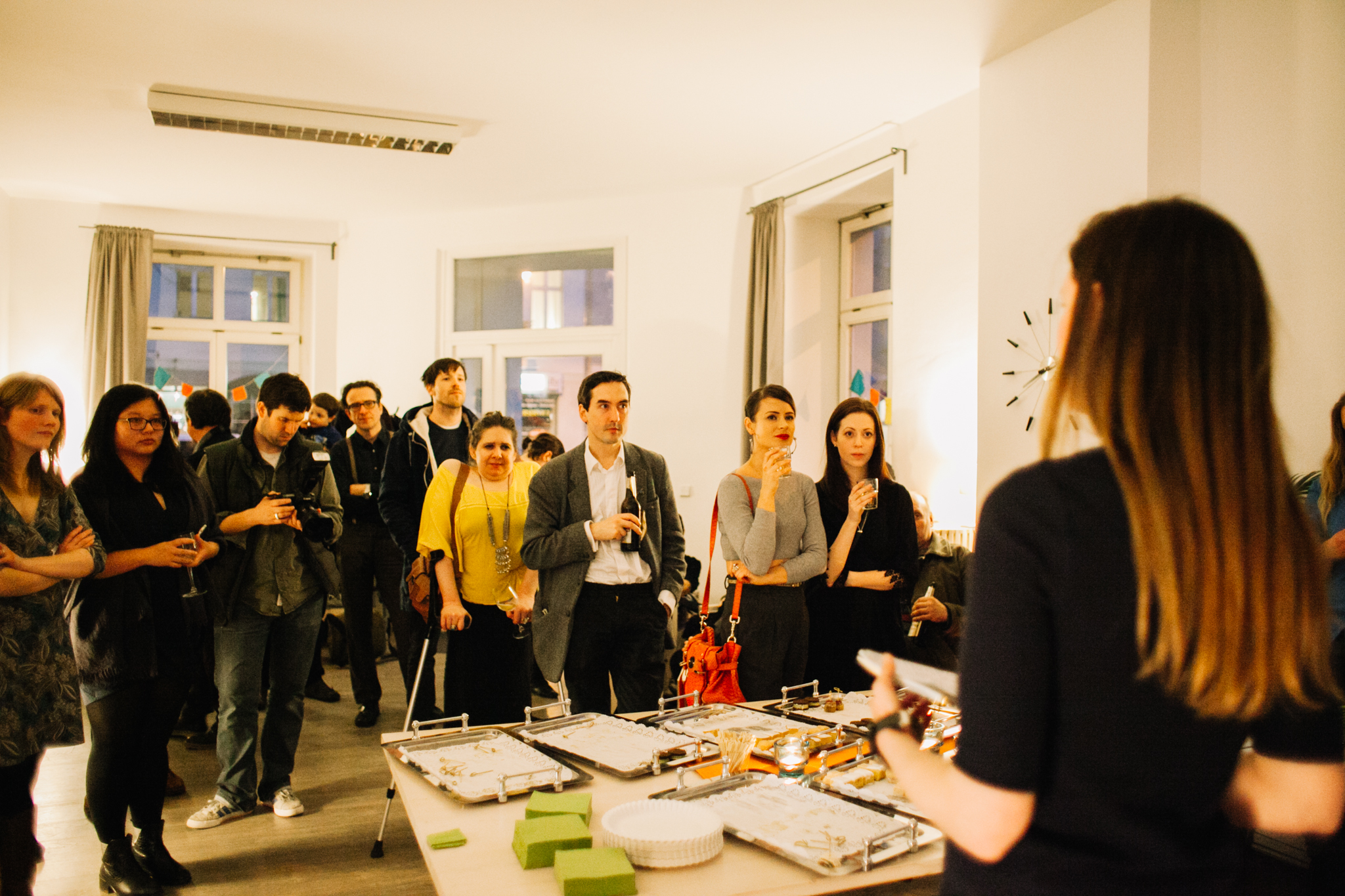
This approach often means constant change, but this pushes us to not settle, to go forward. While challenging, we are thus always developing, growing and learning. We become less dependent on ourselves and more fully dependent on one another. A community is formed and a desire develops for the community to grow, because we see the beauty of the community thriving and the creative potential when different people with different stories come together. We experience firsthand the unlimited possibilities that exist when we get out of ourselves and what we can do alone, and instead engage with others and give them a place, even if there is no particular role for them. (There still needs to be wisdom on how to grow community wisely when people need to be led and mentored.) We learn from one another as new things arise that we have not done or experienced before. It creates a humbleness in me, as the leader, because I am no longer always the knowledge holder or the one with the most experience. A culture of humility is created, and with this comes the opportunity to take risks, because you know that you will not be judged if you fail. Without risking, trying something new that has not been done before, we are merely culture maintainers, not culture makers. A culture of humility means it is ok to make mistakes, to fail, (but to fail forward) ,to learn from what went wrong, what did not work out, what could have been done differently, perhaps even better.
A story: how we created Kulturschöpfer with our own hands!!!
When we started Kulturschöpfer and were brainstorming as to how to get it up and running, someone asked how we planned to furnish it. I suggested Ikea furniture, as it was cheap and we had little money. "If you call yourselves culture makers, you cannot just buy your furniture from Ikea," was the response. I asked what was his recommendation, and this man, a carpenter, said that we should build it. I told him I had never built furniture before, and he stepped up, saying that he would help and teach me and others. My plans were being changed because someone came with an idea that was different than mine and possessing a skill I did not have. It meant changing the concept and having the humility to allow others to take the lead and commissioning them to do so. It was not easy to let go, but I saw the beauty of what could be, although I was fearful since I had not done such a thing before, and knew there was a strong possibility of failure.
Building our own unique furniture set our space aside from others. It was also sustainable and environmentally friendly, something we strive for in order to care for our planet. Through engaging with one another about how we were going to furnish the space, a project emerged where the Kulturschöpfer community worked together on actually building and creating the furniture in a collaborative way. I would share my ideas, having no idea how to actually build the item, and the carpenter would then help take those ideas to reality. As we were building, passersby saw the wood workshop through the large windows. They told us how inspired they were, how beautiful they found what we were building, and how it awakened their own desire to also build something. I was inspired as I realized, hey I can do this, and the carpenter was inspired to then teach woodworking classes. His previous fears about doing so no longer existed as he realized how much fun it was.
This is why Kulturschöpfers mission is to offer a space where the community can engage with one another, create together, and inspire each other, seeing culture holistically as something that unites us. At Kulturschöpfer we offer cultural experiences which encourage people to dream big. We want to empower each individual to realise that they are a Culture Maker and together as a community, we have the ability to positively influence the culture and renew humanity to a place of thriving.
“Without risking, trying something new that has not been done before, we are merely culture maintainers, not culture makers.”








